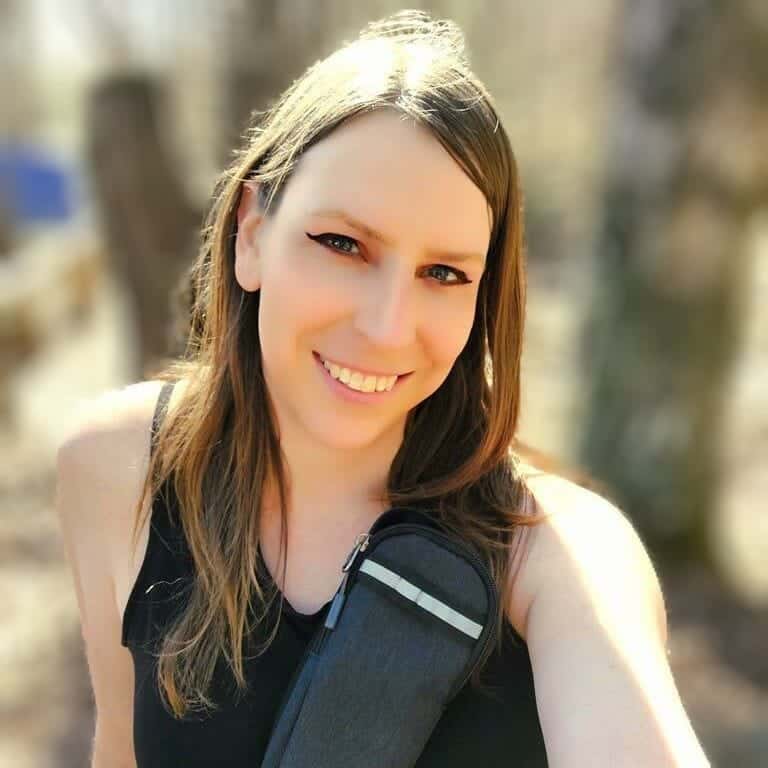What’s it like to develop an entire identity around the sexual sin you desire? (Twitter user “Dave”)
I’ve often thought about what it means to be human and to step into the person I’ve been created to be. However, we often don’t think about what it means to be non-human.
This is where the above tweet comes into play. In just a few short words, “Dave” was able to take my entire identity as a full human and reduce it through a simple ideology that he could express in an oversimplified idea.
It doesn’t bother me much when this happens, since it happens a lot. However, there is the problem that, to people like Dave, my transness renders me “non-human.” To someone like him, I am a shell corrupted by an ideology that has reduced my entire being to a mere issue of sin.
Granted, this is just one person choosing to be bigoted on the internet — but this is also something that is happening even in many of our most affirming and welcoming churches and organizations.
In my faith tradition, many of the churches have become or are becoming “Open and Affirming” — essentially being identified as a safe space for LGBTQ+ people. All of this is great, except for the fact that I am still not fully human in these spaces. Instead, I am still a non-human.
The problem is, LGBTQ+ people are still seen as a theological issue to be discussed, voted on, and affirmed (or not). Even if a church is affirming, they are affirming because they have chosen to allow queer people to join them after a time of deliberation.
The power is still held within the cisgender, (often white) heterosexual norm that has been infused into the Western church. Affirmation is still about the powerful allowing the non-powerful to join them; the center is still held by those who have always been there.
This means that even in an affirming church, I am still non-human. My acceptance isn’t an ontological fact but is granted to me by the “real” humans.
This is why the future of the church must not be in affirmation, but in solidarity. It is not enough to simply welcome queer people if the institution itself is not tearing down the very structures that alienated them in the first place.
Working toward this end is far more difficult than becoming affirming and allowing LGBTQ+ people to exist in religious spaces. It means making those with power uncomfortable — because the work involved makes them feel as if they are losing power, even if it is simply a redistribution of the centering experience.
It means quieting the majority voice so the marginalized voice can be heard and welcomed as it shapes the voice of the organization to speak something new.
It subverts the very structures that our White supremacist society has so long relied on in religious spaces.
But this is still the call: To make human that which the world has declared “non-human” through oppression and ostracization. God is always on the side of the marginalized, and to hear the voice of God requires us to elevate and center the voice of the marginalized over our own voices.
This is why organizations such as the Center for Prophetic Imagination, which I’ve joined, have made the decision to begin working on a call to solidarity with LGBTQ+ people in our churches and organizations.
We want to make the non-human, human.

A writer, theologian and activist who lives near Atlanta with her partner and two kids, Kalie May Hargrove has worked to shed light on the legalized discrimination queer and trans students face at religious universities. She received her Master of Divinity from United Theological Seminary of Twin Cities and serves as Director of Digital Outreach at the Center for Prophetic Imagination, which seeks to connect spirituality with intersectional social justice in our world.
